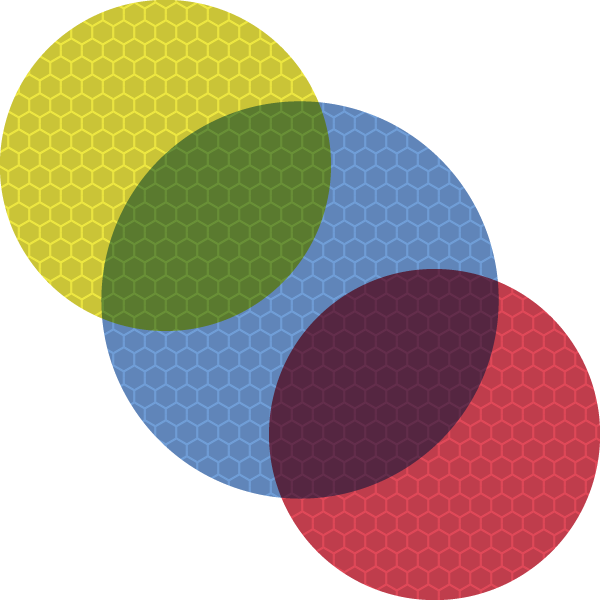1971_Sackson_291_September 28.jpg
Creator
Sid Sackson
Date
1971
Format
.jpg
Source
Box 1, Object 9, Sid Sackson collection
Item sets
Rights Statement
The Strong, Rochester, New York.
Full Metadata
 1971_Sackson_291_September 28.jpg
1971_Sackson_291_September 28.jpg
Title
1971_Sackson_291_September 28.jpg
Creator
Sid Sackson
Date
1971
Type
image
Format
.jpg
Source
Box 1, Object 9, Sid Sackson collection
Language
English
Coverage
1971
Rights
The Strong, Rochester, New York.
transcription
TUESDAY 28 SEPTEMBER 1971
271st day - 94 days to come
Rcd. 4 SLEUTH problem answers. One asked "Where is my
STALINGRAD III?"
(Cont. from 9/29) [11/4]
a good idea since it could bring a player to a winning
score). After 5 unsuccessful added throws the player loses
50 points and ends his turn. He can stop earlier with a
penalty based on the number of added throws. If successful
he scores the full value of his combination, but he
cannot continue his turn.
After his first throw a player can announce he is trying
for a "Hex". If successful in 5 throws in getting three
skulls and three crossbones he chooses an opponent and
places a provided skull before him. Once he announces a
"Hex" the player cannot change his goal, and he cannot
use the 5 additional throws. Also if successful he
cannot continue his turn (I think he should be able to).
The "Hexed" player on his turn continues throwing until
all show Skulls and Crossbones - any combination. He loses
10 points for each throw and the player "Hexing" him gains
those points (my suggestion which Jerry welcomed.)
500 points are game, but players starting after have
an equalizing turn. If more than one goes over 500,
the highest wins.
FRANCHISE - A money game played with a plastic container
divided into a center compartment
in which a set of cards are placed.
[Diagram of a oval shape 14 spaces all surrounding a center with a shaded rectange within.]
Six surrounding compartments into
which 6 plastic figures are placed -
that is 6 lobsters in one, 6 donuts
in another, 6 records in another,
6 oranges in another, 6 hot dogs in
another, and 6 pizzas in the last. The
8 outer compartments are used, 1 each,
for the from 2 to 8 players.
Each player starts with $10,000. A "pad" lists the
6 Franchise Chains - "Larry's Lobster Pots", "Denny's Donut Shops",
"Rickey's Records", "Ora's Orange Juice Stands", "Harry's Hot Dogs",
and "Patty's Pizza Parlors". The starting price of each is listed
as $1000 and there is space beneath each to list changes.
Each player gets a sheet for his reference.
In a turn a player draws a card and then follows its
instructions. Then, unless he drew a "Demand" card, he can buy
a Franchise, provided he has the money and one is available
from the "Corporation" (inside compartments).
The makeup of the deck and the meaning of the cards is
as follows: -
"Price Change" (12 of). The player chooses any of the 6
(cont. on 9/27)
271st day - 94 days to come
Rcd. 4 SLEUTH problem answers. One asked "Where is my
STALINGRAD III?"
(Cont. from 9/29) [11/4]
a good idea since it could bring a player to a winning
score). After 5 unsuccessful added throws the player loses
50 points and ends his turn. He can stop earlier with a
penalty based on the number of added throws. If successful
he scores the full value of his combination, but he
cannot continue his turn.
After his first throw a player can announce he is trying
for a "Hex". If successful in 5 throws in getting three
skulls and three crossbones he chooses an opponent and
places a provided skull before him. Once he announces a
"Hex" the player cannot change his goal, and he cannot
use the 5 additional throws. Also if successful he
cannot continue his turn (I think he should be able to).
The "Hexed" player on his turn continues throwing until
all show Skulls and Crossbones - any combination. He loses
10 points for each throw and the player "Hexing" him gains
those points (my suggestion which Jerry welcomed.)
500 points are game, but players starting after have
an equalizing turn. If more than one goes over 500,
the highest wins.
FRANCHISE - A money game played with a plastic container
divided into a center compartment
in which a set of cards are placed.
[Diagram of a oval shape 14 spaces all surrounding a center with a shaded rectange within.]
Six surrounding compartments into
which 6 plastic figures are placed -
that is 6 lobsters in one, 6 donuts
in another, 6 records in another,
6 oranges in another, 6 hot dogs in
another, and 6 pizzas in the last. The
8 outer compartments are used, 1 each,
for the from 2 to 8 players.
Each player starts with $10,000. A "pad" lists the
6 Franchise Chains - "Larry's Lobster Pots", "Denny's Donut Shops",
"Rickey's Records", "Ora's Orange Juice Stands", "Harry's Hot Dogs",
and "Patty's Pizza Parlors". The starting price of each is listed
as $1000 and there is space beneath each to list changes.
Each player gets a sheet for his reference.
In a turn a player draws a card and then follows its
instructions. Then, unless he drew a "Demand" card, he can buy
a Franchise, provided he has the money and one is available
from the "Corporation" (inside compartments).
The makeup of the deck and the meaning of the cards is
as follows: -
"Price Change" (12 of). The player chooses any of the 6
(cont. on 9/27)
Item sets
